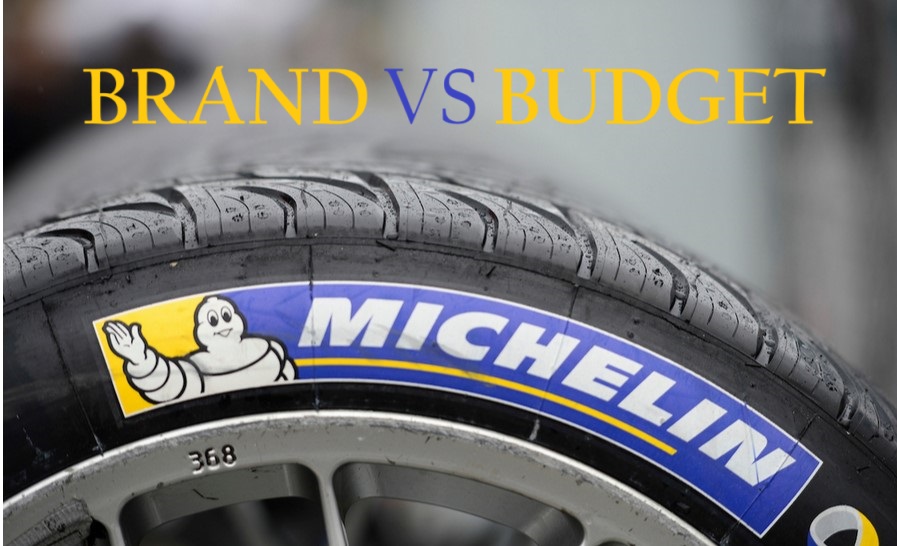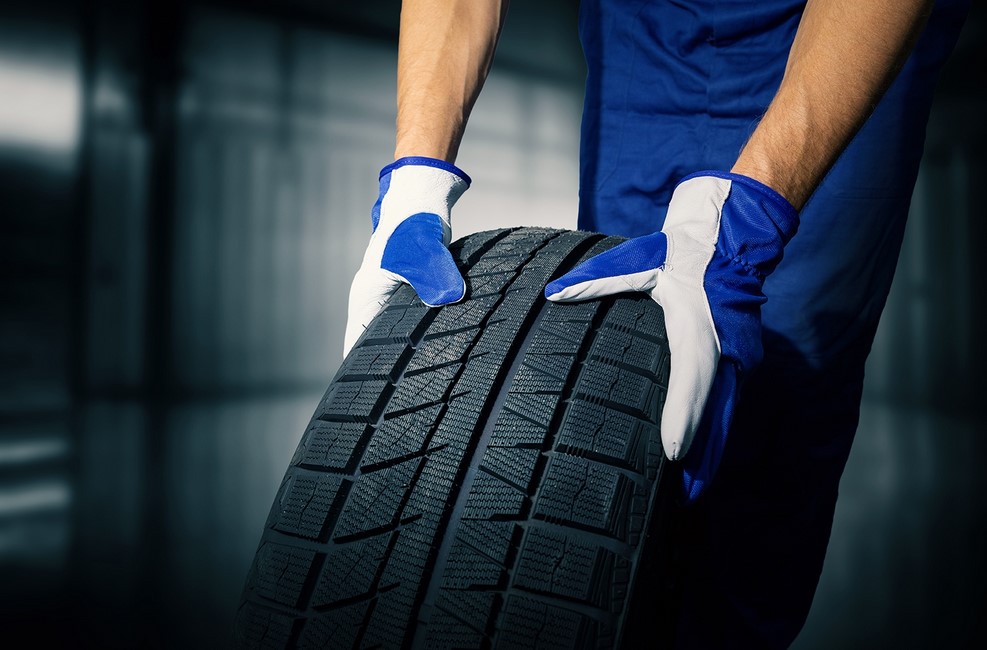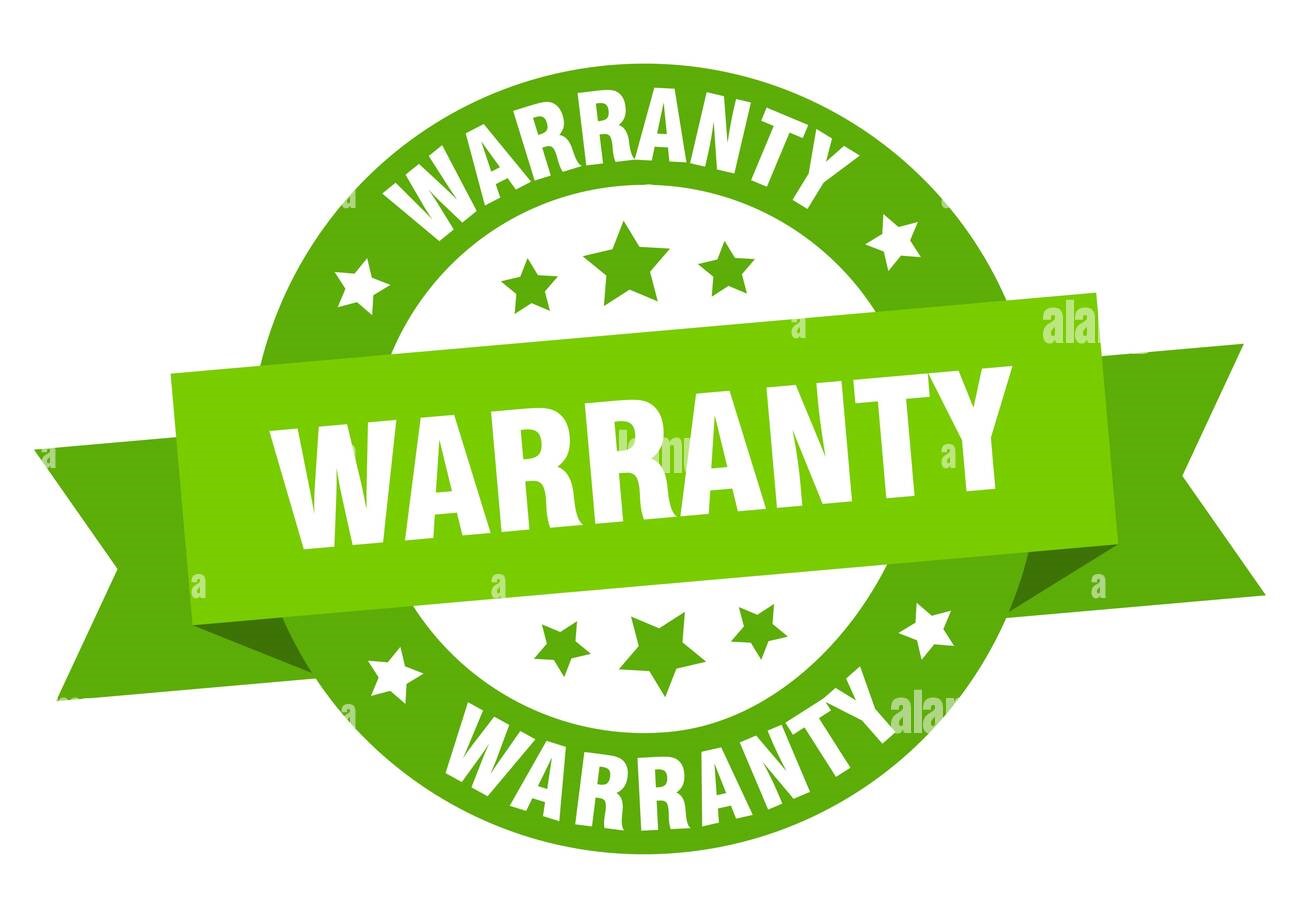Comparative Analysis, Michelin vs. Top Chinese Tire Brands
In the ever evolving automotive industry, the importance of high-quality tires cannot be overstated. Tires are the only part of a vehicle that touches the road, making them crucial for safety, performance, and efficiency. Among the myriad of tire manufacturers globally, Michelin stands out as a paragon of innovation, quality, and heritage. However,

Michelin: A Legacy of Excellence
Founded in 1889, Michelin has a storied history that spans over a century. Headquartered in Clermont-Ferrand, France, Michelin is not just a tire manufacturer, it's an institution. The company has been at the forefront of tire innovation, pioneering technologies like the radial tire, which revolutionized the industry. Michelin's commitment to quality, safety, and sustainability is evident in its extensive research and development efforts, which ensure that its tires consistently deliver exceptional performance.
Michelin's global presence is undeniable, with manufacturing facilities in over 17 countries and a market reach that extends to more than 170 countries. The brand's reputation for producing premium tires is reinforced by its dominance in motorsports, including its long standing association with prestigious events like the 24 Hours of Le Mans. This involvement in high-performance racing serves as both a proving ground and a testament to the durability and capability of Michelin tires.
Top Chinese Tire Manufacturers: A Rising Force
In contrast, the Chinese tire industry, though relatively young compared to Michelin, has rapidly grown to become a significant player in the global market. Brands such as Giti Tire, Linglong Tire, and Zhongce Rubber have made substantial inroads, both domestically and internationally. The growth of these companies is fueled by China's massive automotive market, cost-effective manufacturing, and increasing investments in technology and quality control.
Chinese tire manufacturers have adopted aggressive strategies to expand their global footprint, often offering competitive prices while striving to improve quality. In recent years, they have focused on enhancing their research and development capabilities, leading to tires that increasingly rival those of established Western brands in terms of performance and safety.
Comparative Analysis: Michelin vs. Top Chinese Tire Brands
When comparing Michelin to top Chinese tire brands, several key factors come into play:
-
Quality and Performance:
- Michelin has long been synonymous with quality. Its tires are renowned for their longevity, fuel efficiency, and superior handling in various conditions. The brand's extensive testing and innovation ensure that Michelin tires meet the highest standards.
- Chinese tires, on the other hand, have made significant strides in recent years. Brands like Giti and Linglong have produced tires that offer good value for money, with improved performance metrics. However, they still face challenges in matching the consistency and overall quality that Michelin offers across its entire product range.
-
Innovation:
- Michelin's innovation is unmatched. From the development of the radial tire to the introduction of the Michelin Energy Saver and Pilot Sport ranges, the company has consistently pushed the envelope in tire technology.
- Chinese manufacturers are catching up, with increased investments in R&D. Linglong, for example, has launched several advanced tire models that incorporate modern technology. However, the gap in innovation, especially in high-performance and specialized tires, remains evident.
-
Market Perception and Brand Value:
- Michelin's brand is synonymous with reliability, safety, and prestige. The company’s brand value is bolstered by its association with premium vehicle manufacturers and its strong presence in the motorsport arena.
- Chinese brands, while growing in recognition, are often perceived as more budget friendly alternatives. Although this perception is gradually changing as their quality improves, it remains a hurdle in markets that prioritize brand reputation.
-
Sustainability:
- Michelin has made significant commitments to sustainability, with goals to produce tires using 100% sustainable materials by 2050. The company also emphasizes reducing the environmental impact of its manufacturing processes and has introduced initiatives like tire recycling.
- Chinese manufacturers are also beginning to focus on sustainability, driven by global trends and regulations. However, Michelin’s long standing commitment and more mature sustainability programs give it an edge in this area.
Conclusion
Michelin's long history, dedication to quality, and relentless pursuit of innovation have cemented its place as a leader in the tire industry. While top Chinese tire brands have made impressive strides in recent years, particularly in terms of affordability and market expansion, they still have a way to go in matching Michelin's overall excellence.
The competition between Michelin and Chinese tire manufacturers highlights the dynamic nature of the global tire market. As Chinese brands continue to improve and innovate, consumers will benefit from a wider range of high-quality options. However, for those who prioritize proven performance and a strong brand heritage, Michelin remains a top choice.
References:
- Tire Crunch: Chinese Tire Manufacturers: An Overview of the Top 11 Industry Leaders
- Top Tire Review: Top China Tire Brands by Value
- ChinaTires.org: 2022 Global Tire Manufacturers Ranking and How to Choose Right China Tyres?
Typhoon Tire
2450 Finch Ave. West, Unit 5A



